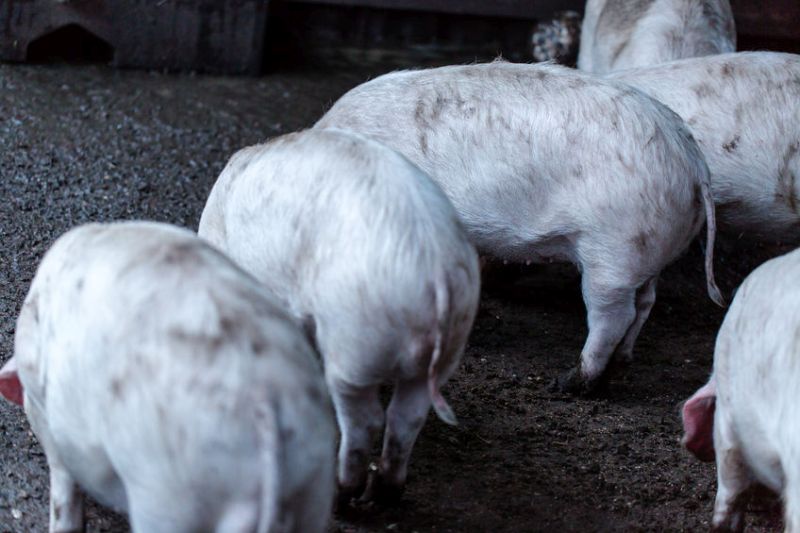
Another case of swine dysentery has been confirmed on a pig farm in Norfolk having been present for ten days.
The disease was confirmed by PCR laboratory test, although, in this case, there were no clinical signs of dysentery.
The outbreak is suspected to have been present for 10 days, but the only clinical sign was looseness, AHDB said in the latest alert.
It is the latest in a concerning spate of cases confirmed across the United Kingdom this year.
Swine dysentery is a severe, infectious disease characterised by diarrhoea and is marked by weight loss which severely limits productivity.
The National Pig Association (NPA) said the disease continues its 'worrying escalation'.
Strict biosecurity and biocontainment measures are currently in place at the Norfolk farm and the unit will be depopulated.
The exact origin of the outbreak is yet unclear, but is currently under investigation.
AHDB said: “If you have recently moved pigs from Norfolk please monitor them closely for the development of any clinical signs of enteric disease and notify your vet immediately if you observe any suspect diarrhoea.
“It is important that a heightened level of biosecurity and monitoring for clinical signs are observed over the next few weeks, especially within the Norfolk region.”
With growing concerns over under-reporting of the disease, the NPA Producer Group and the Pig Veterinary Society have both endorsed a proposal for the Significant Diseases Charter to be compulsory under Red Tractor.
This is due to be discussed by the Red Tractor pig technical advisory committee in October.
NPA chief executive Zoe Davies said: “It is clear that there is a lot more dysentery out there than we think. It is important that we know where it is.”
The charter requires producers to notify APHA of swine dysentery or PEDv outbreaks.
All producer signatories and their vets receive the first half of the postcode of an outbreak, along with the planned course of action.
The NPA, AHDB and other organisations recently launched the #MuckFreeTruck campaign, partly in response to evidence that some of the recent swine dysentery cases have been spread via transport.
Producers are urged to familiarise themselves with AHDB's Standard Operating Procedures for lorry washing and cleansing and disinfecting, as well as general biosecurity procedures, listed here
